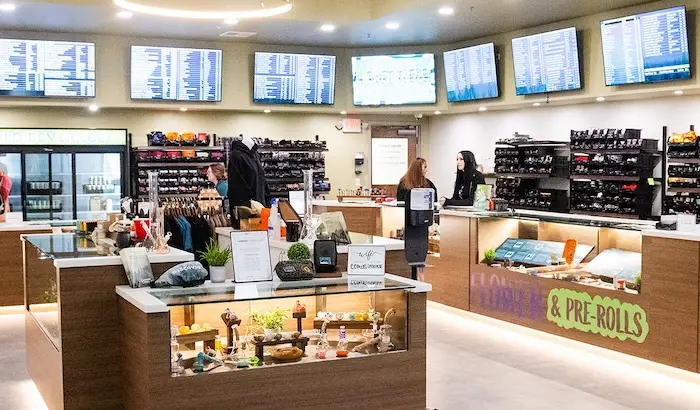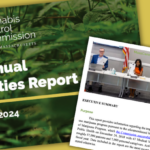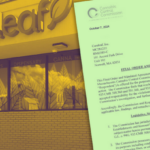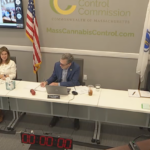
“It could offer us an opportunity to … help us reduce the size of the illicit market.”
When medical and recreational cannabis laws were passed and ultimately put in place in Massachusetts, depending on some factors, either municipal officials or voters in the commonwealth’s 351 towns made a decision to opt in and create rules and regulations around weed sales, decline and ban the cultivation and sale of marijuana, or simply do nothing.
In the years since, those processes (or lack thereof) led to a mix of varying rules in towns across the Bay State, with occasional updates to some local laws—especially when it comes to delivery.
At last week’s Cannabis Control Commission meeting, Commissioner Bruce Stebbins continued the ongoing discussion around how Mass-based cannabis delivery services in particular might navigate communities that have opted out of adult-use sales. In industry speak, they’re often called “no towns.” According to the CCC, there are currently 154 such places.
In hopes of bolstering the legal industry and shrinking the illicit market, at last week’s meeting Stebbins noted the section of the state cannabis regulations which defines the rules around delivery businesses and where they may operate.
“For me it’s this third [provision] which stuck out, and where I believe it could offer us an opportunity to not only expand the market for our delivery couriers [and] delivery operators, but also help us reduce the size of the illicit market,” Stebbins said.
The commissioner, who has been studying this topic along with other related issues like the current statewide ban on delivering weed to hotels, also presented a draft letter to be sent to the 150-plus Mass communities that currently ban marijuana businesses, to “inform them of the current regulations and make sure that our municipal zoning tracker is current.”
“I think it could invite municipalities to take steps to allow delivery and help us make sure that residents, regardless of where they live, have access to legal, licensed, and tested cannabis products,” Stebbins said.
At a media availability after the meeting, Stebbins said there have been changes in demographics as well as elected leadership in many municipalities since recreational pot became legal. Those shifts can lead to changes of heart as well as policy.
“Some regret it,” he said, “and some feel they took the wrong position.” Stebbins offered West Springfield as an example of a city that lifted its ban and now has up-and-running retail operations.
On the medical side, deliveries can already occur anywhere in the state, regardless if a municipality has a ban in place or not.

























